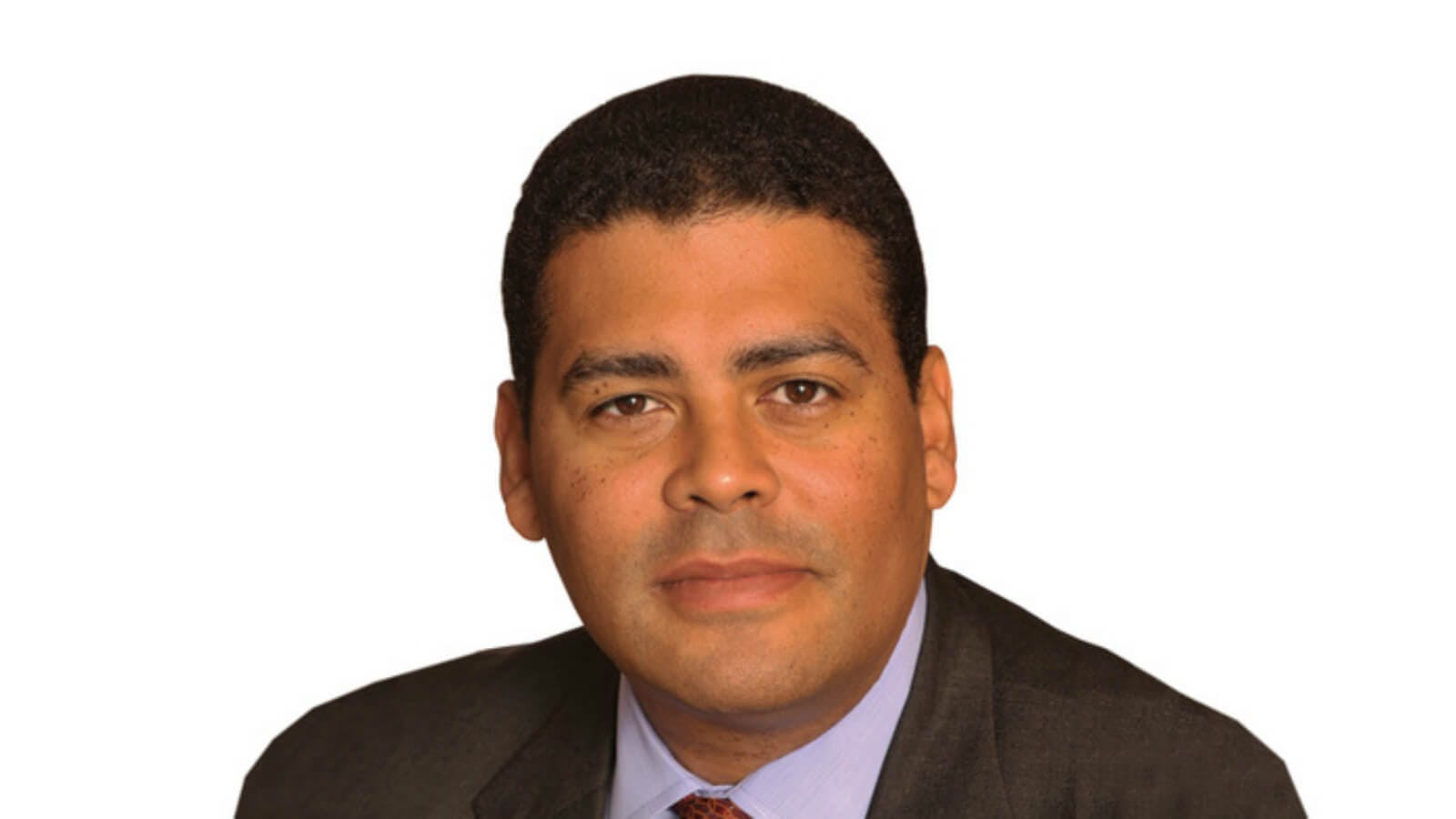
Nurole Guide: Non-profit board roles and professional development
Global Head of Linklater’s US practice Tom Shropshire discusses his not-for-proft roles
Tom Shropshire doesn’t like the phrase “giving back” to describe the work he does with charities. He has a demanding day job as Global Head of Linklater’s US practice, and in recent years has taken on trustee roles with Comic Relief and Prostate Cancer UK. He’s proud that he’s been able to use his professional skills to help not-for-profit organisations, but also believes that he’s learned a tremendous amount through these roles.
Speaking as part of Nurole’s Future Global Leaders Programme, he shared his experiences, insights and advice about sitting on a not-for-profit board.
On his motives for trying something new
I really wanted to prepare myself for making the eventual transition from the law. Without looking for professional development opportunities outside of the law, it would be difficult for me to transition on to a private company or a FTSE board.
I enjoy being a lawyer and an adviser, but I always knew I wanted to do something more. I enjoy the benefit of a great platform, so how could I use that to advance what I wanted to do, personally and professionally? A fear always is that one becomes institutionalised – I wanted to push outside of my experience because I believe that it could help me be a more well-rounded professional and individual.
On choosing the right roles
Prostate Cancer UK came out of the blue, but when I started to talk with them, I felt passionate about making a difference in men’s lives. They were looking for legal expertise and connections into the Black, African-Caribbean community in the UK, and that presented an opportunity for me to get involved.
Comic Relief is a household name and it seemed completely outside of what I do day-to-day. They were going through a transition at the board level, and also needed support from a governance perspective. They were also in the process of coming through a restructuring and discussing their strategic ambitions. It showed directly the benefit of gaining experience outside my “day job” – they were interested in my experience at Prostate Cancer UK because we had gone through many similar issues there.
On the most common things charity boards need
1. Governance
There are a lot of fantastic, capable people in charities but what I have seen is they could use some organisational help, prioritisation help, to make sure they are focused on the core remit. The best chairs I have seen bring commercial acumen, but they also bring that discipline.
2. Financial acumen
Often you can help bring commercial savvy to the things they are trying to do. Charities are businesses that need to make sure their outgoings do not exceed their incomings, and they need to plan for growth. In particular, keeping a close eye on the cost side is fundamentally important given the desire to put charitable monies to the most efficient use. There are also times where commercial experience can be very important, such as where valuable research can turn into additional income streams, which we certainly have had to consider at Prostate Cancer UK over the years.
3. Fundraising
They need help in how to identify stakeholders, how to prioritise them, approach them, nurture a relationship with them. Your little back book is an element of that, but a lot of charities are not really well-equipped to deal with corporate donors, get steady sources of income and think about different streams.
4. Assess and test the business model
Clearly COVID-19 has been a decimating factor, and even those charities that were quite strong going in, may not be so strong coming out. You need to be able to dig into the business model, assess it, and help to get the team focussed on delivery, while supporting them throughout.
5. Charity specific issues
These run the gamut but might include founder transitions, restructuring and digital transformation. It will be important for any candidate to upskill to learn about the different risk dynamics for charities. For example, safeguarding is a cornerstone issue for Comic Relief, so I had to learn about and gain an understanding of the requirements, the issues and risks – and how to manage them as a trustee.
On his trustee roles feeding back into his professional world
I do not believe one should join a charitable board because of the other people on it, but you can create relationships with them that move into other spaces. Having been on a charitable board with interesting people, other things have come up, which can be exciting.
On his main learnings
These roles have allowed me to be more conversant in terms of board dynamics, even though I deal with boards every day. It’s a different perspective.
A lawyer’s role can be very “vertical” (i.e. very deep in narrow areas), while these roles allow you to think horizontally across the organisation. For example, I chaired the Support and Influence Committee for Prostate Cancer UK, and that required a broad perspective as well as an ability to galvanize many great thoughts into tangible actions.
You work alongside really talented people, and get an insight into how they think, which is always valuable. There will be other board members and members of staff who have very different experiences and perspectives, and that can make the interactions challenging, rich and rewarding.
Being a chair of a sub-committee is a fantastic way to develop your chairing skills – bringing people into conversation, prioritising time, cutting off conversations and taking them elsewhere.
On the strengths and challenges of pro bono boards
I have seen charities be very good at bringing in different skills and expertise and blending them. Sometimes private board dynamics aren’t the most healthy. While charity boards can be challenging – because of the diversity of thought that people bring – they can also be a more inclusive environment.
There can be a reluctance to take hard decisions in a charitable context. However, both charities that I have worked with (along with many others) have had to make some really difficult decisions in light of COVID-19, and the issues they balance can be quite nuanced and require sound judgement.
On his trustee experiences
You have so much to offer a charity by taking your existing skillset and bringing it to bear across a range of issues. Often these issues aren’t dissimilar to those facing corporate boards, they’re just at a different scale. I’ve been surprised by the amount of overlap in the advice I give in the PLC world and the charity world. It’s quite amazing, and something I didn’t really predict.
I find it to be one of the most rewarding experiences I have had. I feel I am able to make a contribution in a way that I can’t do in other aspects of my professional life. It’s been better than I thought – although it’s also been more time-consuming than I originally planned for!
Speaking to people on commercial boards, they do see that what you do on a not-for-profit board translates to what they do. When we wrote the Parker Review, we said we wanted senior executives to find roles for junior executives on the boards of charities, to start to get them the right experience and to set them on the pathway. I think that still holds true.
Nurole is the global platform changing the way organisations bring the best people on to their boards. Find out how it works for talented people looking for the best board level positions, and for organisations looking to hire the best board level talent.






